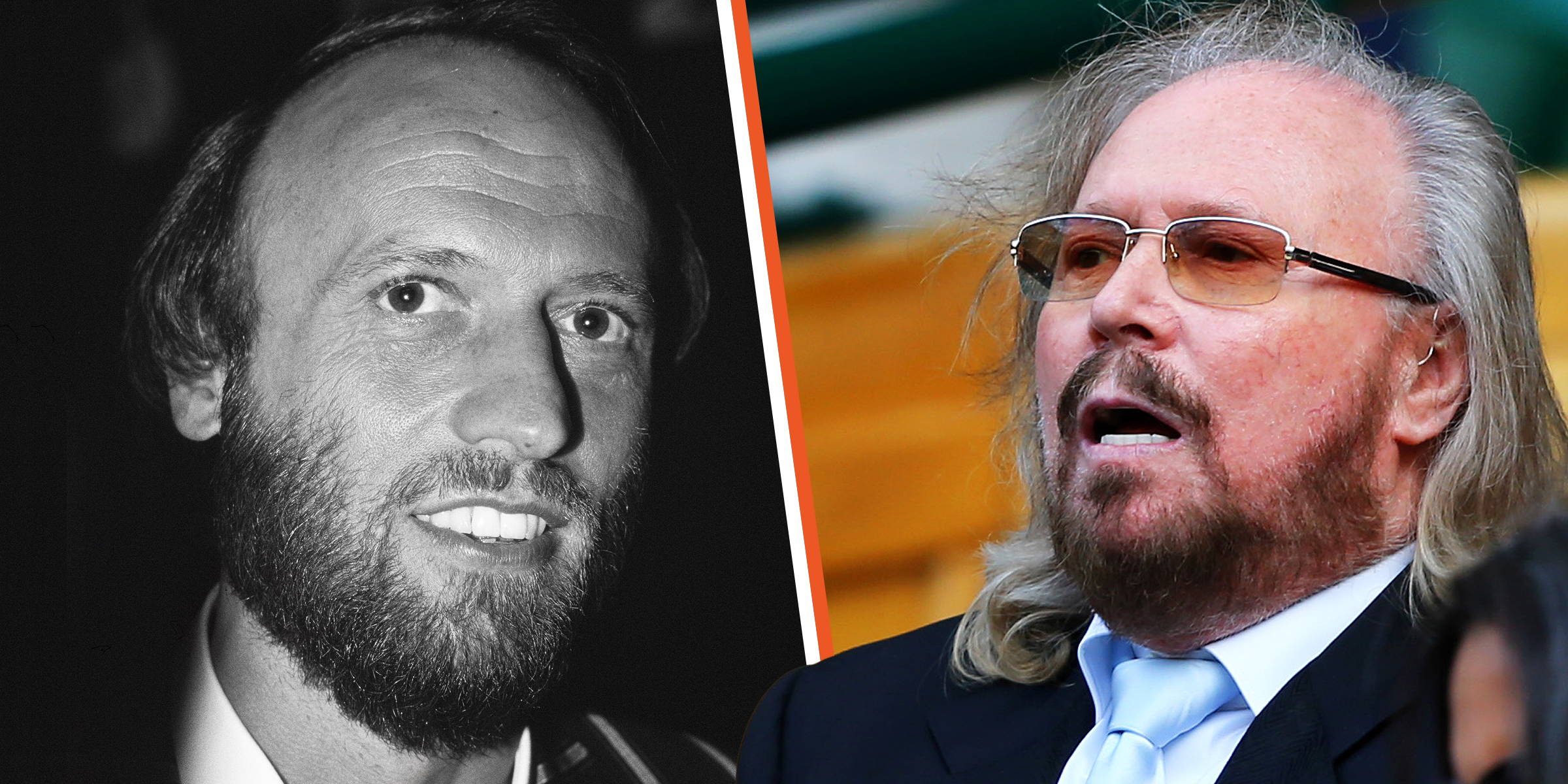
Introduction:
On January 12, 2003, the music world lost one of its most cherished talents—Maurice Gibb of the Bee Gees. At just 53 years old, the man affectionately known as “the musical glue” behind the band passed away unexpectedly after a sudden medical crisis in Miami. What followed was not only global grief but a complex investigation into how a seemingly healthy man could collapse and die in a matter of days.
Maurice, along with his brothers Barry and Robin, formed one of the most successful musical groups in history. The Bee Gees sold over 220 million records and were synonymous with the disco era, thanks to timeless hits like “Stayin’ Alive” and “Night Fever.” While Barry and Robin often took the spotlight as lead vocalists, Maurice was the quiet genius—serving as the band’s musical director with a natural instinct for harmony and arrangement.
In the days leading up to his death, Maurice had appeared to be in good health. He had celebrated his 53rd birthday with his family, was enjoying semi-retirement, and was even collaborating on music projects with icons like Michael Jackson. A fitness enthusiast in later years, Maurice was passionate about paintball, even owning a shop and sponsoring a team. He had seemingly left behind the turbulent days of rock and roll excess, including a hard-fought battle with alcoholism, which he overcame in the early 1990s after a near-fatal family incident.
But on January 8, 2003, everything changed. Maurice began experiencing abdominal pain during a family lunch, brushing it off as mild discomfort. Hours later, he collapsed at home and was rushed to Mount Sinai Medical Center. Initial assessments couldn’t determine the cause, and doctors scheduled emergency exploratory surgery. What they discovered was shocking: Maurice had a malrotated small intestine, a rare congenital defect usually diagnosed in infancy. In Maurice’s case, the condition had gone undetected for over five decades.
The twisted intestine had cut off blood flow to a significant portion of Maurice’s bowel—an emergency known as volvulus. Despite swift surgical intervention to remove the necrotic tissue, the damage was catastrophic. Over 80% of Maurice’s small intestine had died. Though he initially showed signs of recovery, he went into cardiac arrest due to septic shock, a life-threatening response to the release of bacteria from the damaged intestine into the bloodstream.
Despite a successful surgery and intensive care, Maurice never regained consciousness. On January 12, his family made the heartbreaking decision to remove life support. His death sent shockwaves through the music industry and led to initial accusations of medical negligence. However, a thorough investigation confirmed there was no malpractice. Maurice’s condition was so rare and progressed so rapidly that even early intervention might not have saved him.
Tragically, Maurice’s diagnosis later saved his twin brother Robin’s life. In 2010, Robin experienced similar abdominal pains and was found to have the same intestinal abnormality. Thanks to Maurice’s case, doctors knew what to look for—and operated just in time.
Maurice Gibb’s legacy is more than just the falsetto harmonies and chart-topping records. He was a devoted husband, a loving father, and an often-overlooked creative force behind one of the greatest bands in history. His life was a testament to resilience, brotherhood, and quiet brilliance. And while the music lives on, his sudden passing remains a poignant reminder of life’s fragility—even for the brightest stars.